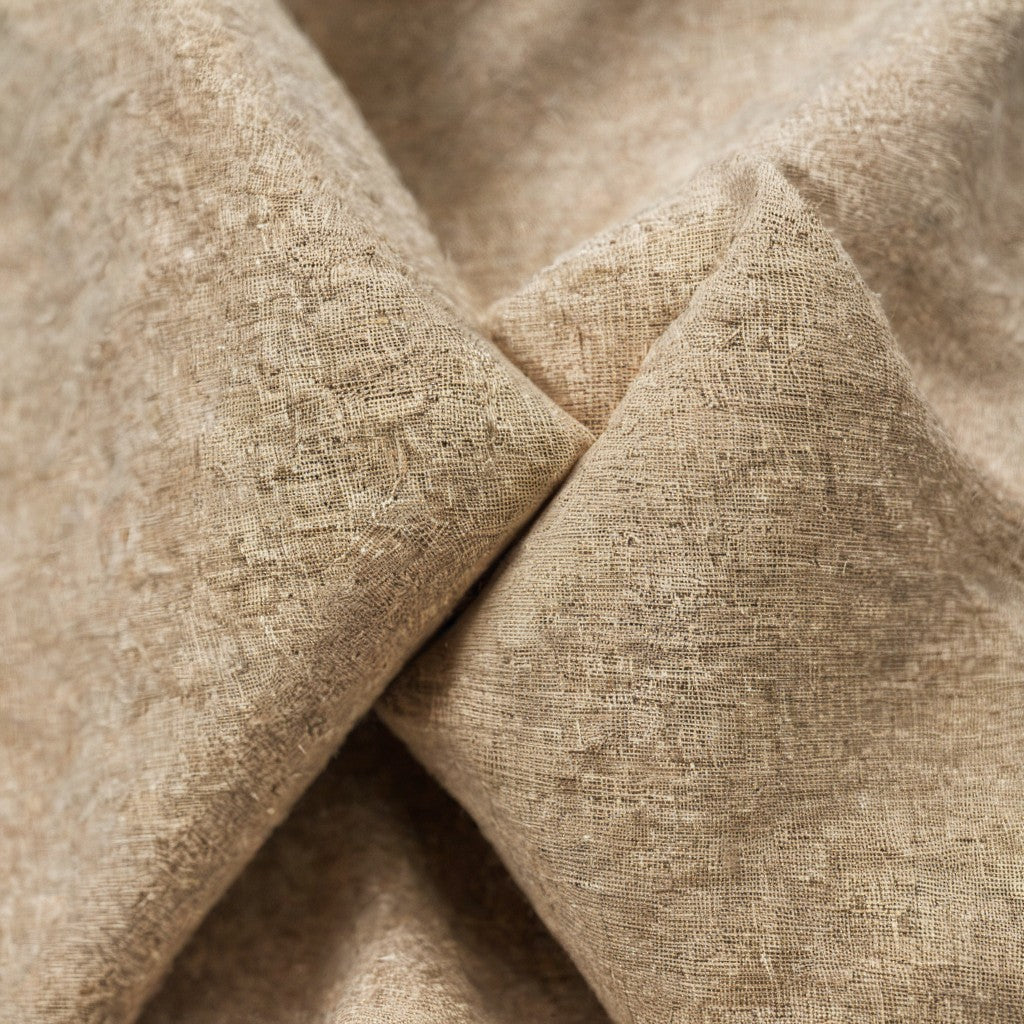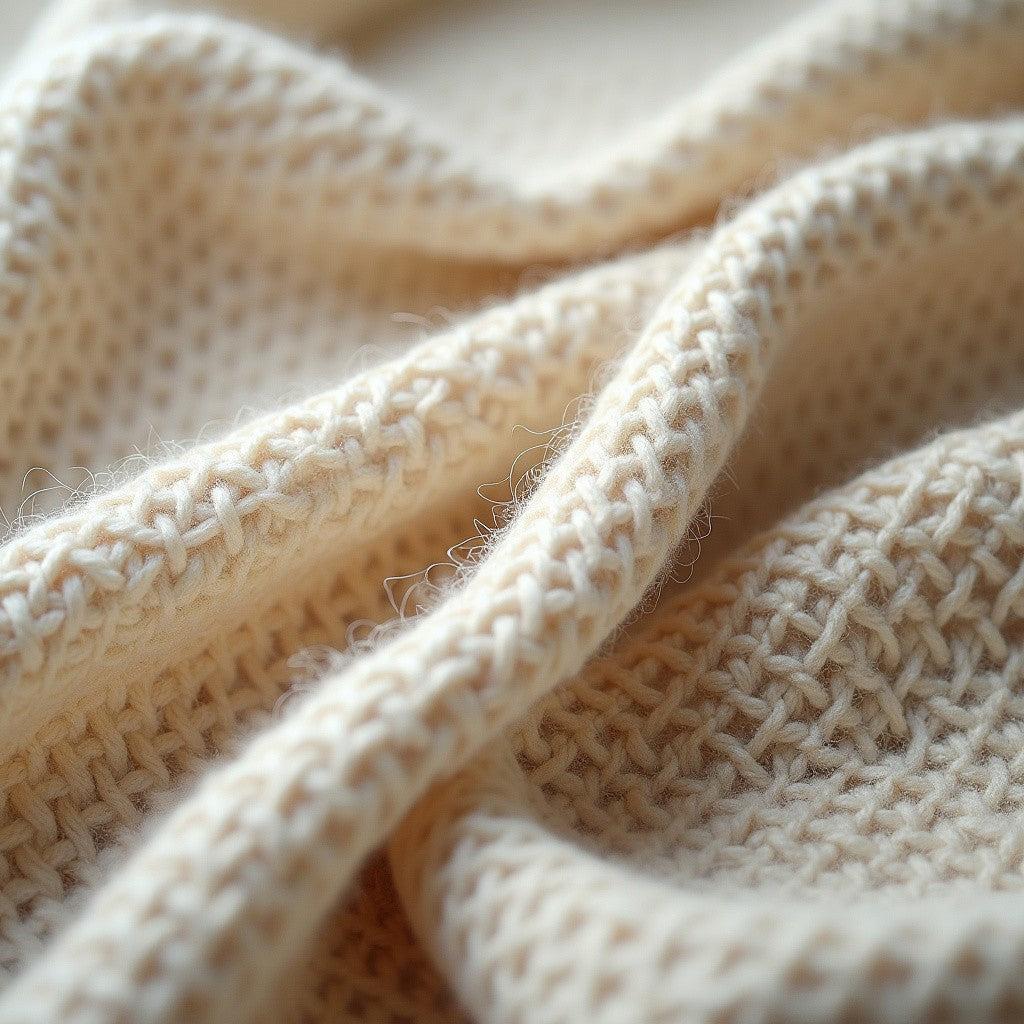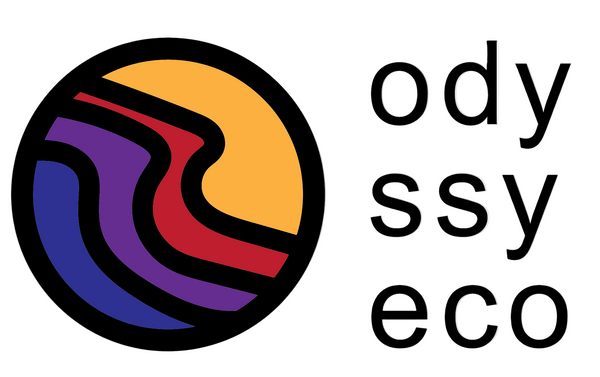materials

flax linen
flax is a natural fiber obtained from the flax plant. it's known for its strength, durability, and absorbency. flax is also breathable and has natural anti-static properties. as a plant-based fiber, flax is considered sustainable and biodegradable. it's often used in textiles like linen, which is prized for its softness, durability, and wrinkle resistance.

lyocell
lyocell is a semi-synthetic fiber made from wood pulp. It's known for its softness, strength, and breathability. Lyocell is also highly absorbent and has natural anti-static properties. It's considered a sustainable choice because it's biodegradable and requires less water and chemicals to produce compared to other fibers like cotton.

merino wool
Merino wool is a natural fiber obtained from Merino sheep. It's prized for its exceptional softness, warmth, and moisture-wicking properties. Merino wool is highly breathable and has natural temperature-regulating qualities, keeping wearers cool in warm weather and warm in cold conditions. It's also naturally odor-resistant and quick-drying. Merino wool is considered a sustainable choice because it's renewable, biodegradable, and requires less frequent washing than synthetic alternatives.

hemp
Hemp is a natural fiber derived from the Cannabis sativa plant. It's known for its exceptional durability, strength, and versatility. Hemp fabric is highly breathable, moisture-wicking, and becomes softer with each wash. It has natural antimicrobial properties and offers excellent UV protection. Hemp is considered one of the most eco-friendly fibers because it grows quickly without pesticides, requires minimal water, enriches the soil, and is fully biodegradable. The plant also absorbs more CO2 than it produces, making it carbon-negative.
